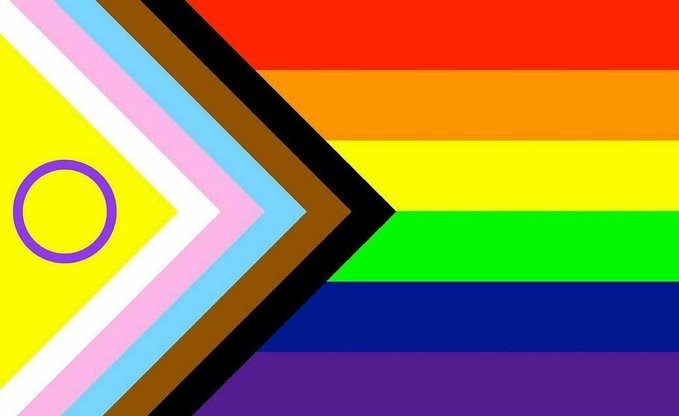By Jozlyn Bew
Sexuality and gender identity has been a long debated subject tossed around in many ways, positive and negative. It’s gotten to the point where most are aware of the ever growing number of identities, names, and sexualities. However, people who aren’t as familiar with the LGBT+ community have had questions about the premise.
How do I ask about pronouns?
Are they too young to know what they are? Am I?
Someone came out to me with a term I don’t understand. What does it mean?
Questions like these are more common than some may think. I will be answering the questions above, and more.
Question: How do I ask about pronouns?
Answer: Comfortably. Don’t confront them aggressively or single one person out. Good ways for teachers or people leading large groups to find this out can include going around and asking everyone, or have them write it down. Make it casual. Assure them that this is a safe environment.
Question: Are they too young to know what they are? Am I?
Answer: Nobody is too young to start discovering who they are. Nobody is too young to be introduced to new terms and identities. You’re allowed to experiment with new identities and sexualities and find out what fits you. It might take a while, but sexuality isn’t supposed to be cut and dry. And if you decide to change your mind about what you are, that’s alright too. There are no rules.
Question: Somebody came out to me with a term I don’t understand. What does it mean?
Answer: Ask them! New words appear at the drop of a hat, and that’s not a bad thing. More categories may seem complicated, but at the end of the day, it just gives further options for inclusivity. But if you don’t feel comfortable or feel embarrassed with asking, looking it up never hurts.
Question: How do I make my environment seem like a safe space for the LGBT+?
Answer: You can create safe spaces like this with things like posters, inclusive books and shows, and just all around making positive comments on the subject. Affirm that you’re willing to be a friend, a listener, and an ally, with your words and actions.
Question: How do I respond to homophobic or transphobic jokes?
Answer: People who tell these jokes, unless part of the queer community themselves, usually do not understand how these seemingly harmless jokes can reinforce stereotypes and further prejudice. This happens primarily because it is not thought of. It’s easy to forget about privilege when you’re the one who it favors. If someone around you tells a joke or makes some kind of snide comment hurting LGBT+ identifiers, then you shouldn’t hesitate to call them out on it. It doesn’t have to be aggressive, but they should be held responsible for their actions. You could tell it like it is with phrases like “What you said sounds very homophobic,” or put the offender on the spot with “Could you explain what you meant by that?”
When the subject of sexuality and identification is brought up, it should always be met with care. It’s easy to jump to conclusions or get offended if a misguided comment is said. The topic should be treated with respect. While it may not always be easy to catch on to new terms, we can always try. It doesn’t hurt. It costs nothing to give someone your respect, so that’s all we ask.

